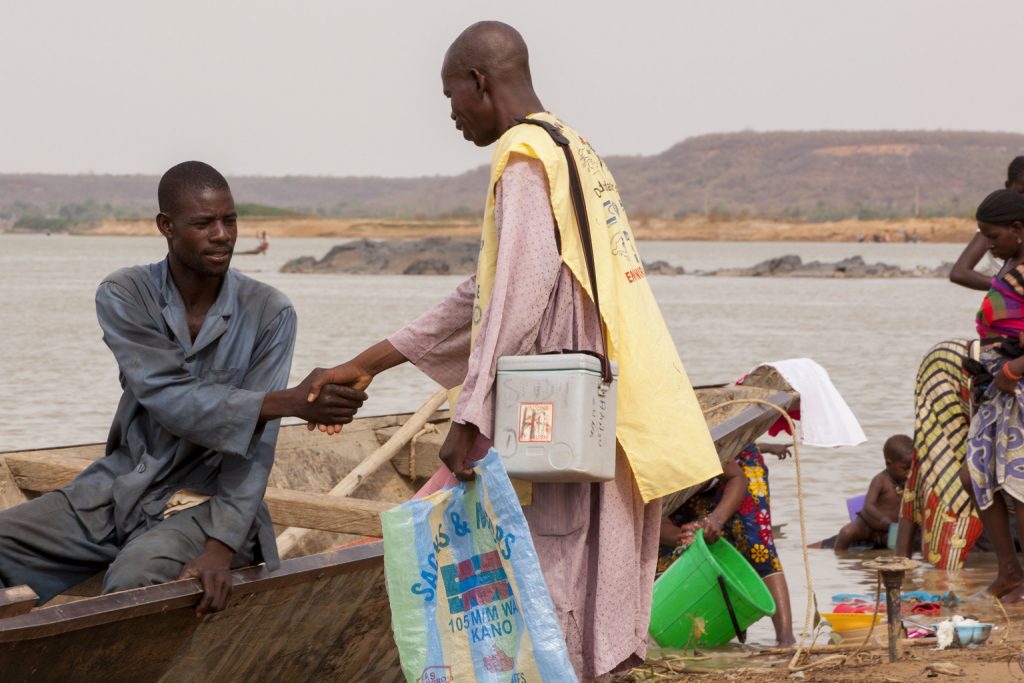It is important to understand a population’s health behaviours and their underlying determinants such as knowledge, attitudes and beliefs related to health, when we seek to deliver appropriate health care services that may increase health service utilization and ultimately population health. Access and utilization of health services is difficult to define, being a multi-dimensional process that in addition to the quality of care, involves geographical and financial accessibility, availability of the right type of care for those who need it and acceptability of services. The potential contribution of knowledge, attitudes and practices (KAP) studies to increasing health access, utilisation and population health has not received much attention in African countries, including the Republic of Congo.
Lack of community involvement and lack of medical materials were other major issues that may hamper the use of the CSIs by the population. Despite cultural acceptability and overall approval of public health services in Ignié Ngabé, low frequentation of health centers remains as an issue that must be addressed, in part by improved health care and availability of medical materials, community involvement, provision of information and improved access to health services by remote communities, if the health of the population of Ignié Ngabé is to be improved.



